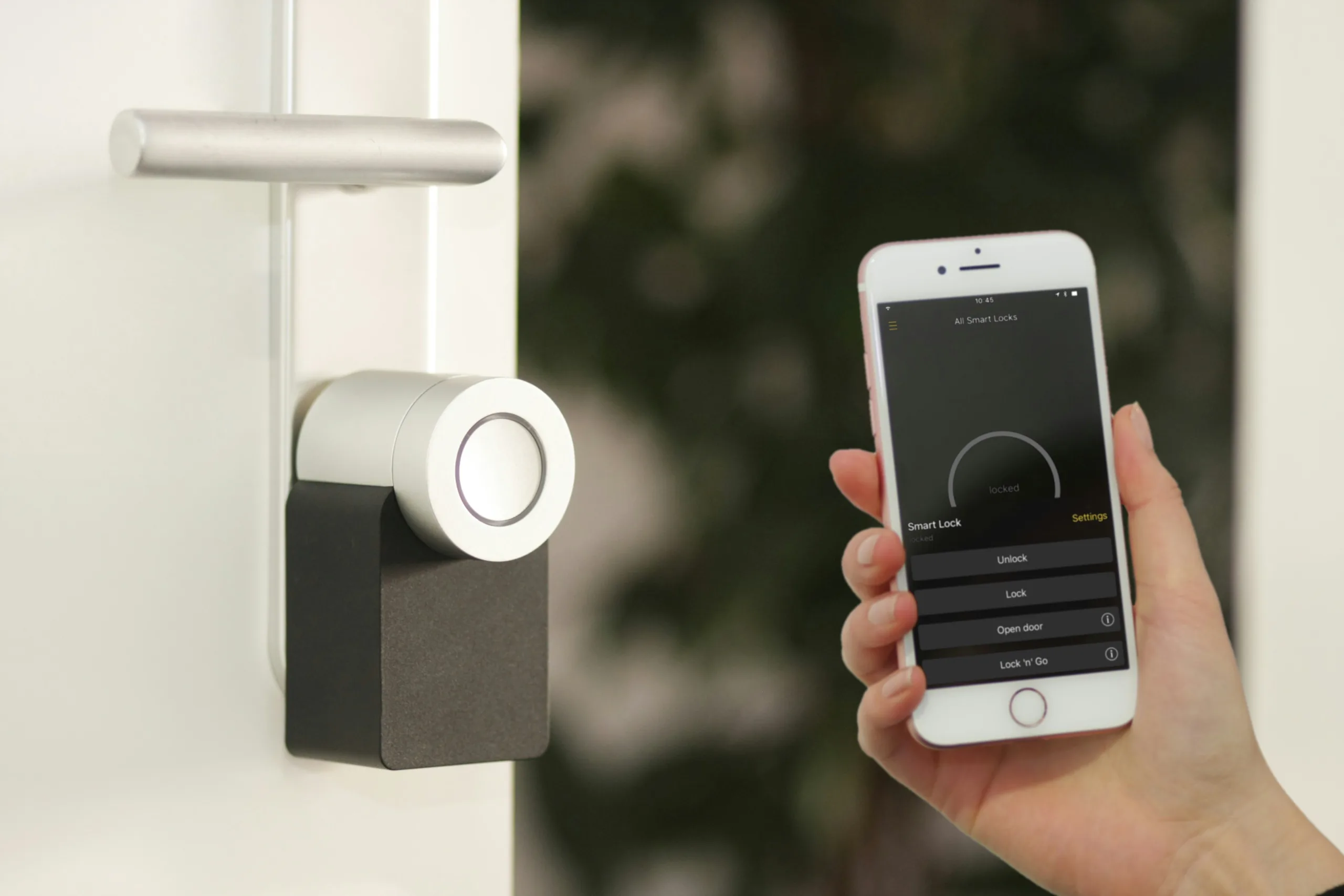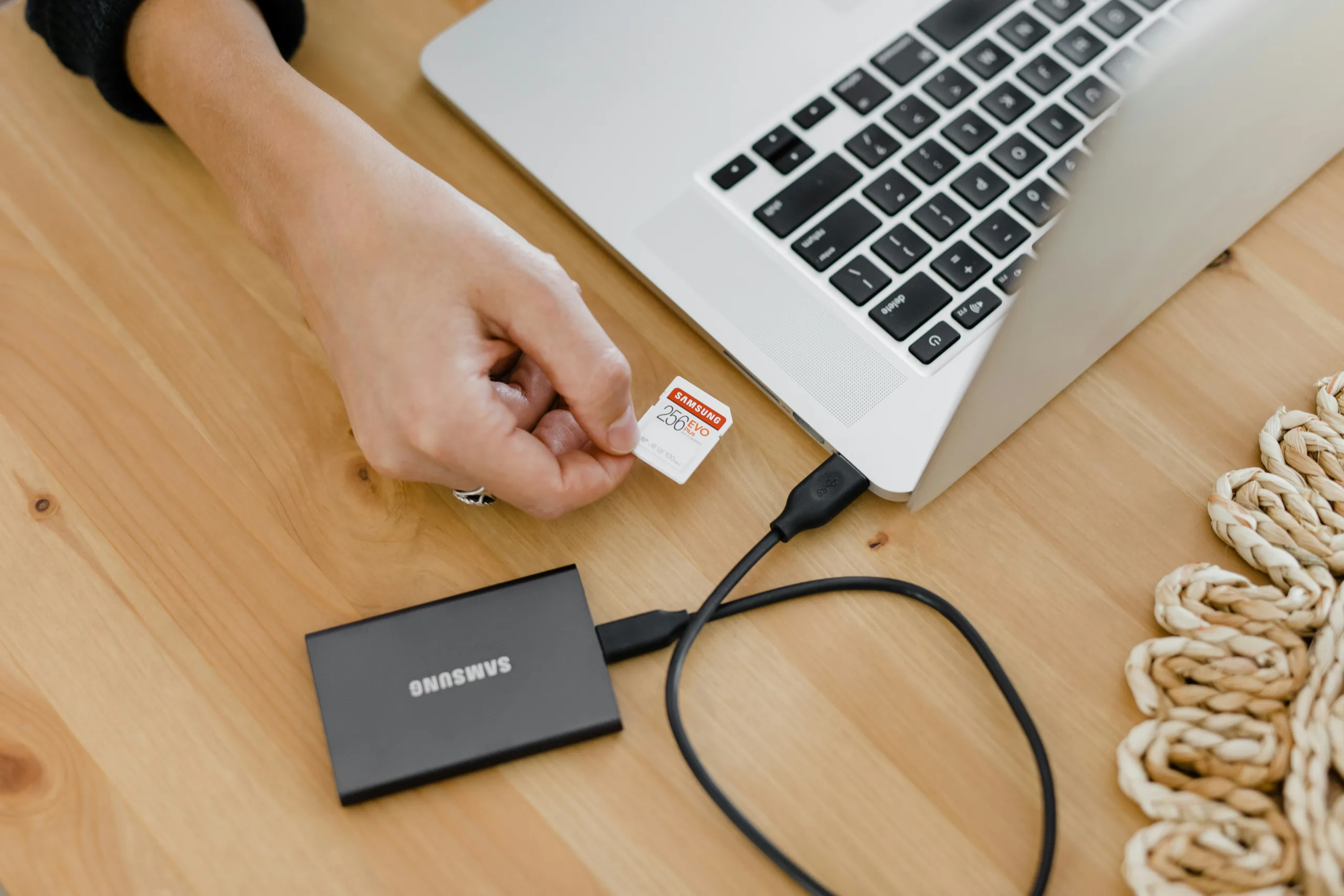Power and hand tools are essential for anyone undertaking DIY, home improvement, or professional construction jobs. The right tools can make tasks faster and easier, whether you’re fixing a loose cabinet hinge or tackling a full-scale renovation.
Understanding the differences between various tools, their uses, and how to choose the best options for your specific needs is essential. Some tools are useful for a wide range of projects, whereas others can only be used for one application. Quality tools are easy to use and long-lasting, but low-quality tools can be frustrating to use and break very quickly.
This tool guide for beginners provides a comprehensive overview of must-have tools, practical advice for selecting them, and tips for maintaining them in the long run.
So, let’s get started.
What Are Power Tools and Hand Tools?
Let’s start with the basics.
Power and hand tools form the backbone of any toolkit. Their differences are significant, but you need both for a well-rounded arsenal.
Hand Tools – These tools rely on manual force and offer unmatched control for precision tasks. Some examples include traditional screwdrivers, pliers, hammers, and wrenches. Perfect for detailed work, such as tightening screws or cutting wires, they are often the first tools anyone purchases due to their affordability and versatility.
Power Tools – Powered by mains electricity, batteries, or compressed air, power tools significantly enhance productivity by providing speed and power for demanding tasks like drilling, cutting, or grinding. Common examples include electric drills, jigsaws, and sanders. Power tools are usually more expensive than hand tools, but they’re difficult to beat in terms of power and ease of use.
When starting your collection, it’s important to prioritise a mix of both types. For hand tools, beginners should consider a claw hammer, a set of screwdrivers, adjustable pliers, a utility knife, and a tape measure. For power tools, a cordless drill, an electric screwdriver, and a jigsaw. These versatile tools handle a wide range of beginner-friendly projects.
To keep your cordless tools performing optimally, check out the Cordless Power Tool Battery Guide.

How to Choose the Best Tools for You
Choosing the right tools for you can feel overwhelming, especially for beginners. By considering a few key factors, you can build a toolkit that fits your needs and budget:
Purpose – Identify the tasks you’ll be undertaking most frequently. For general DIY, versatile tools like a cordless drill or adjustable pliers are invaluable. For specialized tasks, such as woodworking or plumbing, prioritize tools tailored to those activities.
Budget – Start small and focus on essentials. A basic toolkit can cost around £50-£100, while adding power tools might increase this to £150-£500. As a beginner mid-range tools that balance quality and affordability are usually a good choice.
Quality – Look for durable materials like hardened steel for hand tools and reliable brands for power tools. Investing in quality saves money in the long run by reducing the need for replacements.
Ergonomics – Choose tools with comfortable grips and manageable weights, especially for prolonged use. Test tools in-store to ensure they feel right for you.
Multi-functionality – Opt for tools that can handle multiple tasks, like a drill with interchangeable heads for drilling, sanding, and grinding. This saves space and money.
Storage and Space – If space is limited, consider compact or foldable tools and invest in efficient storage solutions like wall-mounted racks or tool rolls.
These key considerations can help you to confidently choose tools that align with your projects, budget, and workspace.

Essential DIY and Home Improvement Tools
DIY projects can require a wide range of tools, with some tasks requiring a much larger toolkit than others. From assembling furniture to remodelling rooms, equipping yourself with the appropriate tools ensure that the jobs will be as quick and as easy as possible.
Let’s look at some of the key tools for DIY and home improvement.
Drills and Screwdrivers – A manual screwdriver is great for basic tasks, but an electric screwdriver or cordless drill offers far more efficiency and power. Look for drills with adjustable torque settings for more control over different materials, from softwoods to concrete. Explore the Best Cordless Drills UK for more details.
Measuring and Marking Tools – Precision is critical in DIY projects. Traditional tape measures are reliable for straightforward measurements, while laser measures offer unparalleled accuracy and convenience for longer distances. Traditional bubble levels are ideal for checking alignment, but laser levels simplify tasks like mounting shelves or cabinets. Check our articles on Best Laser Levels and Best Laser Measures for recommendations.
Cutting Tools – Cutting tools are essential for shaping and resizing materials in various projects. A utility knife is indispensable for lightweight materials like cardboard and vinyl. A jigsaw is versatile for curved or intricate cuts, while a circular saw is ideal for straight cuts through wood or metal. For finer detail, a coping saw is great for small, precise cuts. For cordless jigsaws, read our Best Cordless Jigsaw UK review.
When purchasing tools, consider multi-functional options to save space and money. For instance, cordless drills with interchangeable heads can perform tasks like sanding or grinding.

Outdoor and Garden Maintenance Tools
Maintaining outdoor spaces requires durable tools that can handle tough conditions. From trimming hedges to cleaning patios, the right tools make outdoor maintenance easier and more enjoyable.
Lawn Mowers – Choose based on lawn size and terrain. Push mowers suit small lawns, while cordless electric models are ideal for medium to large areas. Check our Best Electric Lawn Mowers UK guide for expert picks.
Pressure Washers – Ideal for cleaning patios, driveways, and furniture. For afordable options, see Best Pressure Washers Under £100. For commercial-grade tasks, refer to Best Commercial Pressure Washers UK.
Trimmers and Brush Cutters – Cordless hedge trimmers provide greater freedom of movement, making them a popular choice for home use. For thicker grass or overgrown areas, a brush cutter is invaluable. Check our Best Cordless Pole Hedge Trimmers and Best Cordless Brush Cutters for expert reviews.
When purchasing garden tools, evaluate your yard’s specific needs and climate conditions. High-quality tools may cost more upfront but offer superior durability and efficiency in the long term.

Workshop and Professional Tools
For heavy-duty projects or professional use, specialized tools provide the precision, power, and durability needed to handle complex tasks. Building a well-rounded workshop ensures you’re equipped for any challenge.
Essential Tools for Professionals:
Pillar Drills – Perfect for precise, repeatable holes in materials like wood or metal. Explore the Best Pillar Drills for options that balance precision and budget.
Planers and Sanders – Electric planers smooth out uneven wood surfaces. Check our Best Electric Planers UK guide for top models.
Angle Grinders – Versatile tools for cutting, grinding, or polishing. For cordless options, read the Best Cordless Angle Grinders UK review.
Starter Tool Kit Recommendations:
Hand Tools – Consider a quality set of chisels, a coping saw, and a sturdy mallet for woodworking projects.
Power Tools – A plunge saw and an angle grinder are excellent starter tools for advanced DIY or professional projects.
Remember to start with essential tools like drills, saws, and clamps before expanding to more specialized equipment based on your projects.

Cleaning and Maintenance Tips
It’s important to maintain your tools and clean your workspace to ensure optimal performance and prevent any health risks. Key cleaning and maintenance tools make this process much easier.
Must-Have Cleaning Tools:
Shop Vacuum – A versatile solution for clearing sawdust, debris, and small metal shavings. Wet/dry models offer added functionality.
Dust Extractors – Critical for reducing airborne particles when using power tools like saws or sanders. Check our Best Dust Extractors for recommendations.
Pressure Washers – Perfect for heavy-duty outdoor cleaning tasks. For patios and driveways, refer to our Best Pressure Washers Under £100 or explore Best Commercial Pressure Washers UK for advanced options.
Microfiber Cloths and Degreasers – Keep tools free of grime after use to prevent buildup and maintain performance.
Maintenance Tools:
Lubricants – Use products like WD-40 to protect moving parts from rust and ensure smooth operation.
Sharpening Tools – Maintain sharp edges on chisels, saw blades, and knives for optimal performance.
Tool Storage – Invest in quality toolboxes or wall-mounted racks to organize and protect your equipment.
Even as a beginner, it’s worth adopting a post-project cleaning routine that includes wiping down tools, checking for damage, and storing them properly. This simple habit prolongs tool lifespan and ensures a safe workspace.

Conclusion
Building a tool collection as a beginner may seem daunting, but starting with essential, versatile tools ensures that you’re well-equipped for a variety of tasks. As you gain experience, you can expand your collection with specialized tools tailored to your needs.
Key Takeaways for Beginners:
Start Small – Focus on acquiring versatile tools that can handle multiple tasks, such as a cordless drill or a jigsaw.
Invest in Quality – High-quality tools last longer, perform better, and are safer to use.
Prioritize Safety – Learn the proper use and maintenance of each tool to avoid accidents and maximize their lifespan.
By combining the right tools with proper care and maintenance, you can confidently tackle projects big and small. Explore our detailed reviews and guides to find tools that align with your goals and budget.
Thank you for reading our beginner’s guide to tools.
If you want more information, check out our other articles on Power Tools and Equipment.
Feel free to leave a comment below if you have any thoughts or queries that you’d like us to take a look at – we’d be happy to help.





